British Empire, at its height, was the largest empire in history. By 1913 the British Empire controlled over 412 million people, 23% of the world population at the time. By 1920 it covered 35,500,000 km2 (13,700,000 sq mi), 24% of the Earth’s total land area. That’s bigger than Mongol Empire who conquered only 16% of the world’s land area.
India, the second-most populous country after China, was one of British Empire’s colonies. The British “First Empire” started between the 1400s and the 1700s when England conquered Ireland, Scotland and Wales. India is where the British “Second Empire” began, covering Southeast Asia, under a new model of colonization.
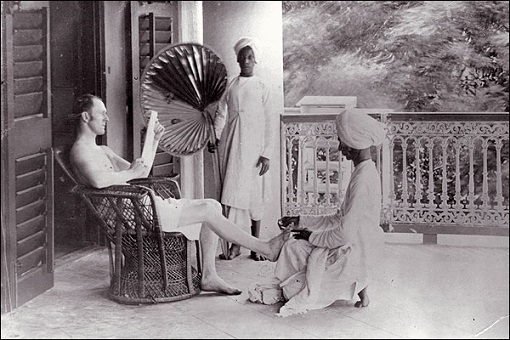
Unlike colonies previously established in North America and the West Indies, British settlers in India hadn’t any intention of living there permanently. East India Company was established for a specific purpose – build, manage and administer warehouses and offices, known as “factories,” across Southeast Asia, to gain access to spices such as cloth, opium and tea.
East India Company cleverly used private armies to control ruler of India, hence the huge country. The British Empire had gotten very rich from international tea trade originated from India alone. Between 1720 and 1750 the imports of tea to Britain through the British East India Company more than quadrupled. Today, the reverse is true.
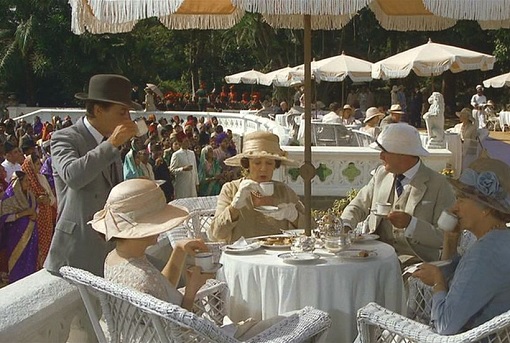
For the first time in nearly 150 years, India has managed to overtake its once colonial master United Kingdom in terms of the size of the economy. India is now the world’s sixth-largest economy by GDP after the United States, China, Japan, Germany, and France. That’s a fabulous achievement considering the country surpassed China as the world’s fastest-growing economy in February.
International Monetary Fund (IMF) projected India would continue to be the world’s fastest-growing economy for the foreseeable future, with its GDP is projected to increase by 7.6% through 2017. In comparison, India’s former colonial ruler, the United Kingdom, is projected to grow by only 1.8% in 2016 and 1.1% in 2017.
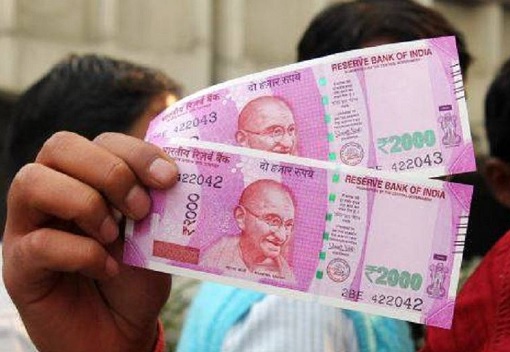
Originally, India was predicted to overtake the UK GDP by 2020, but the forecast was revised forward, prompted by the pound losing a fifth (20%) of its value in one year after Brexit. However, the dramatic shift has been largely driven by India’s rapid economic growth over the past 25 years when a period of convergence began in 1991 after market reforms were implemented.
But why is India surpassing United Kingdom as the world’s 6th largest economy so important, aside from being able to brag that the country has overtaken its colonial master? The milestone is vital to change peoples’ perception. First of all, it’s an announcement of India’s arrival on the global stage in terms of change in economic power between India and the West.
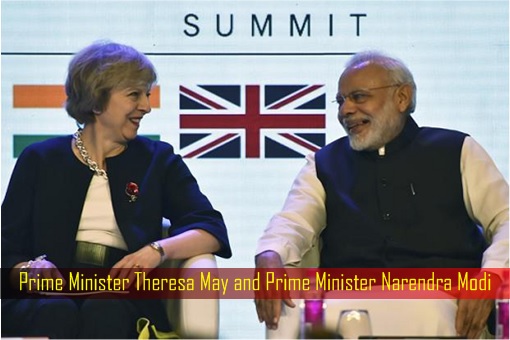
Secondly, it wipes the master-slave mentality that some people of India are still indoctrinated. The failure of British Prime Minister Theresa May to secure a meeting with the Tata Group, who has 4,000 British employees at a steel plant in Port Talbot, that could potentially be shut down, is a good example where India can “say no” to the once British Empire.
Of course, now that India’s economy if bigger than UK, the nation should increase the efforts towards enhancing market reforms as they are on the right track. Like China, India has the advantage of huge population hence the Chinese success model should be looked closer for India’s own economic growth.
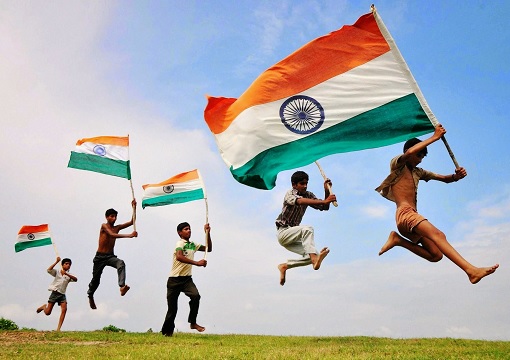
However, while India has achieved what appeared to be unthinkable 150 years ago, some may argue that an estimated 270 million people, or 22% of the total Indian population, still live in poverty. Amusingly, that was exactly the same argument about China. Things get more hostile in Britain, the former colonial master.
Some Britons, upon learning that their country has been overtaken by India, are questioning the needs to send aid money to India. Last year, the British had given away a staggering £185.4million (US$229 million; RM1.025 billion) to India. Four years ago then-international development secretary Andrew Mitchell announced that the main aid programme for India would finish by the end of 2015.
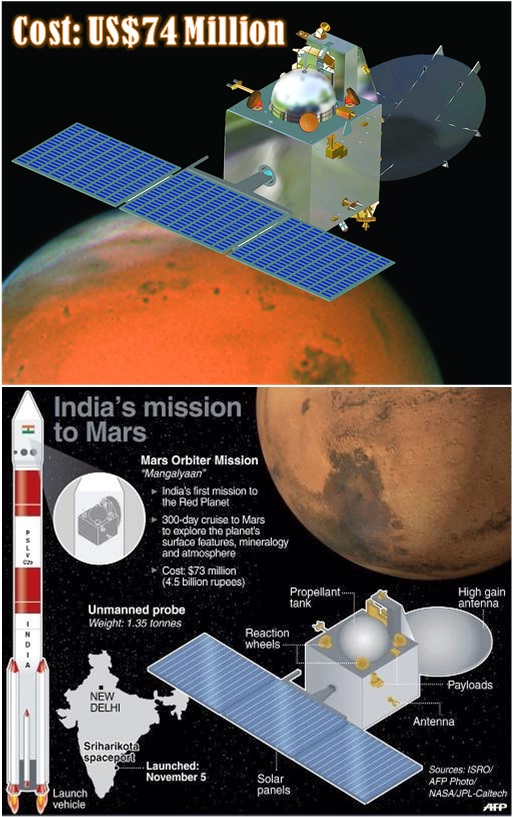
Despite promises to concentrate UK aid on the poorest nations, India received Britain’s ninth-biggest handout and the Department for International Development (DfID) continues to fund projects that boost India’s economy. Interestingly, India is already a nuclear power and has even sent a mission to Mars. India also has more billionaires than UK.
Other Articles That May Interest You …
- Globalism & Capitalism Not Working – 0.7% Rich Population Control US$116.6 Trillion
- Here’s Why Pokémon Go Isn’t Available In China, India & South Korea
- These 8 Charts Show How China’s Economy Meltdown Spreads To The World
- Laugh All The Way To The Bank – How To Profit From Brexit Financial Meltdown
- BREXIT!! – Here’re 7 Major Reasons Forcing British To Leave The EU
- Forget MARS – China Is Building A “Space Station” … Under South China Sea
- Move Over U.S. & New York, Now China & Beijing Have More Billionaires
- Which One Most Costly – U.S. Attack On Syria, NASA Or Indian’s Mars Probe?

|
|
December 22nd, 2016 by financetwitter
|


|

|

|

|

|

|




























Comments
Add your comment now.
Leave a Reply